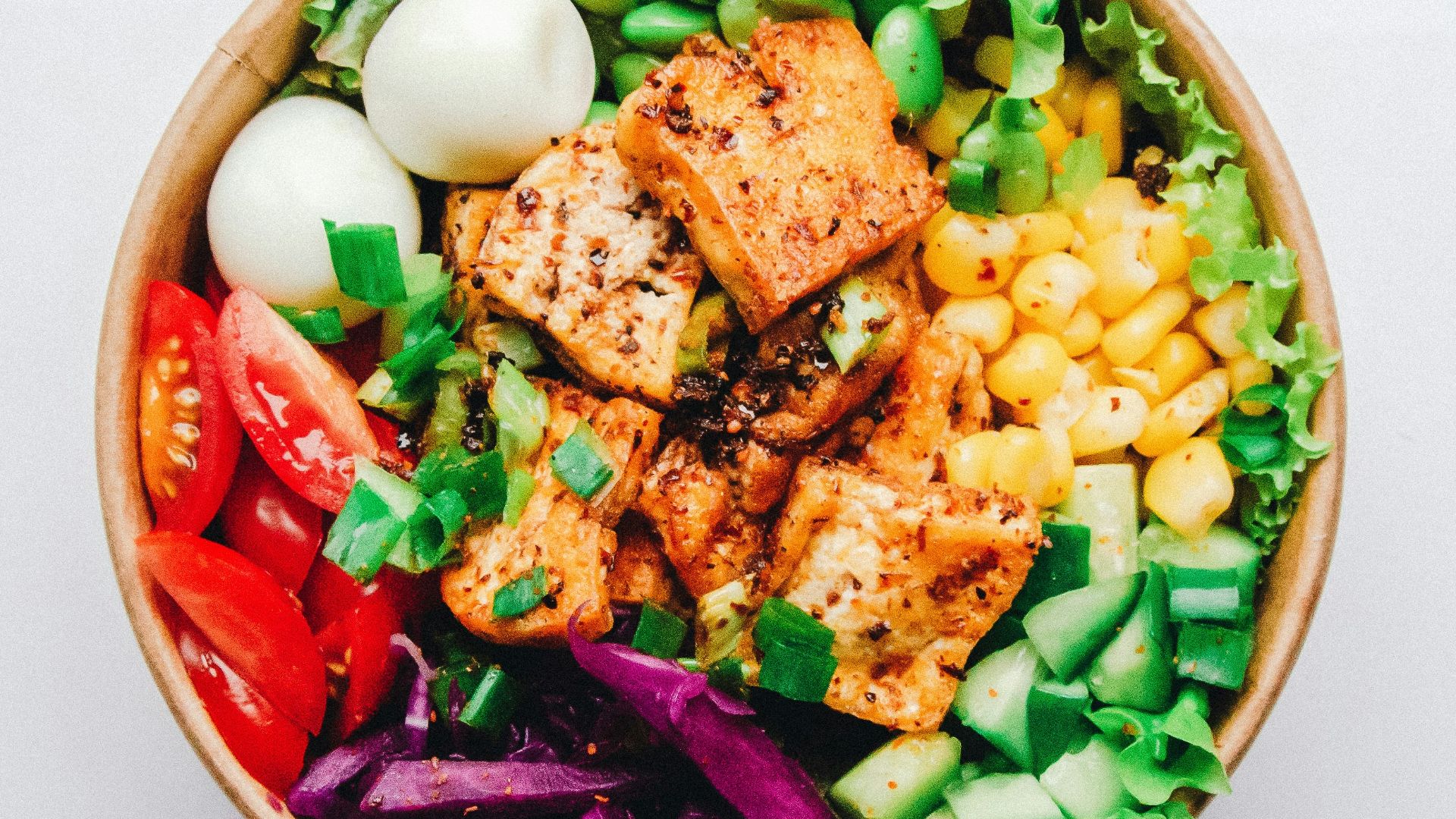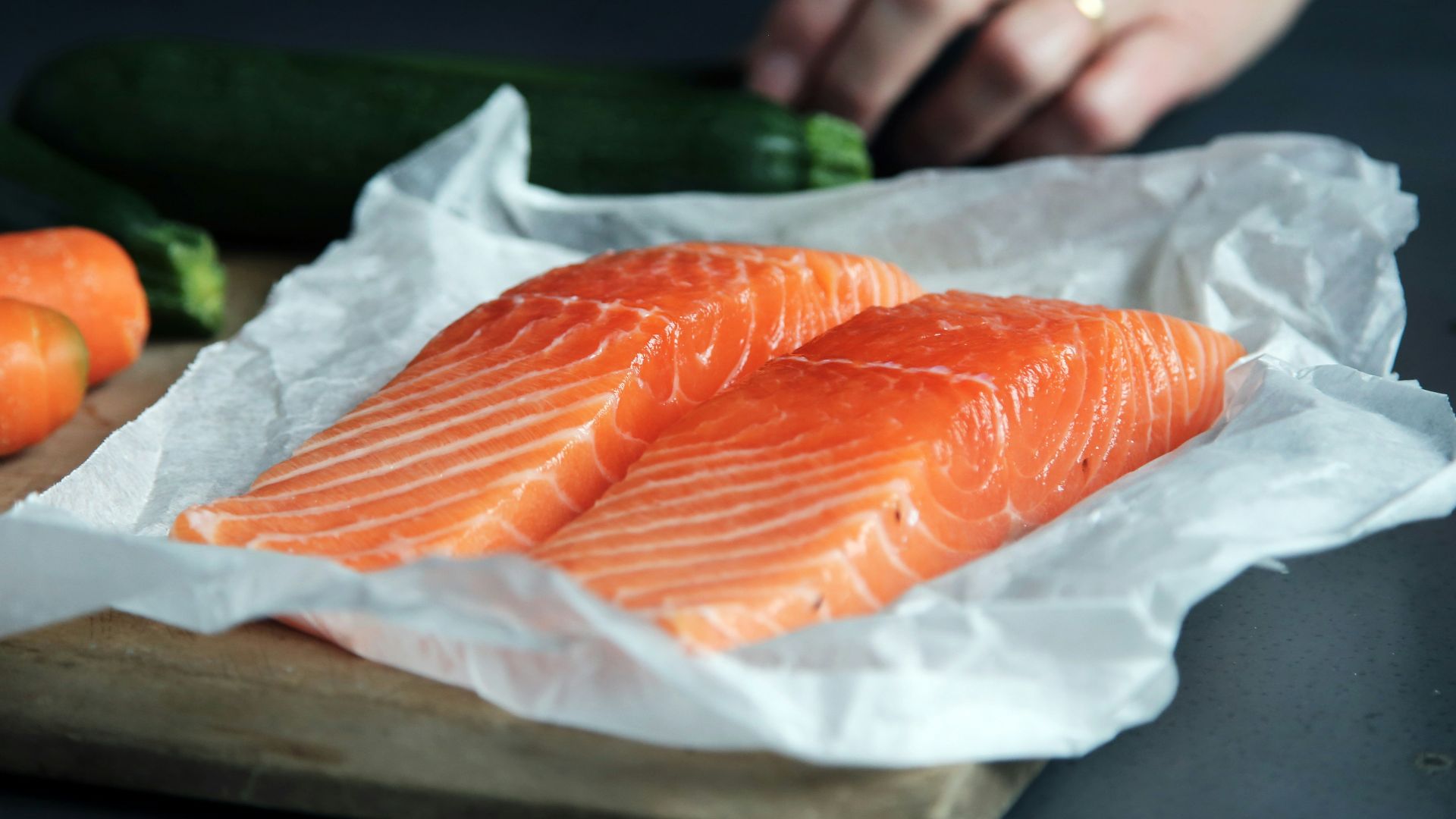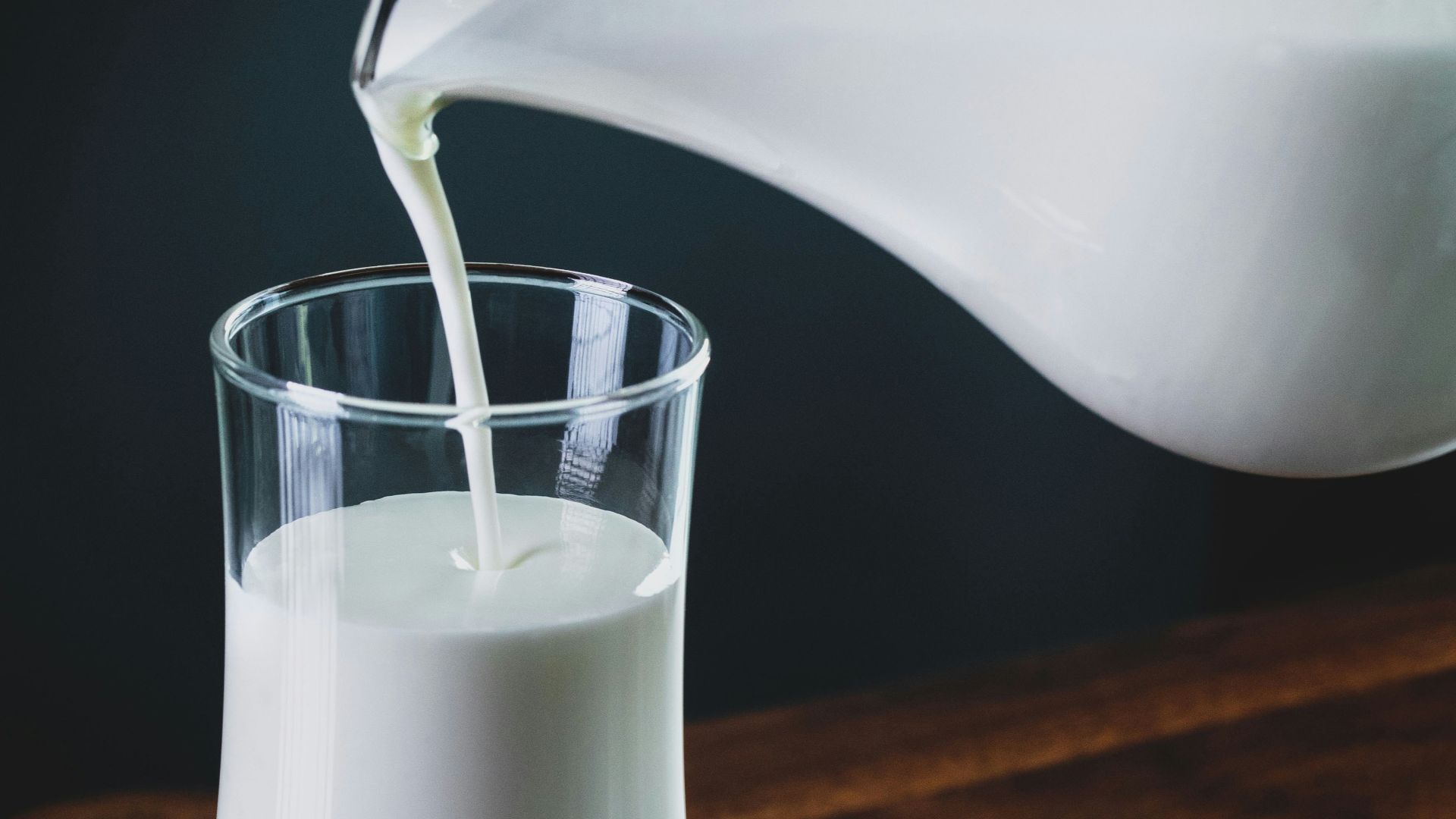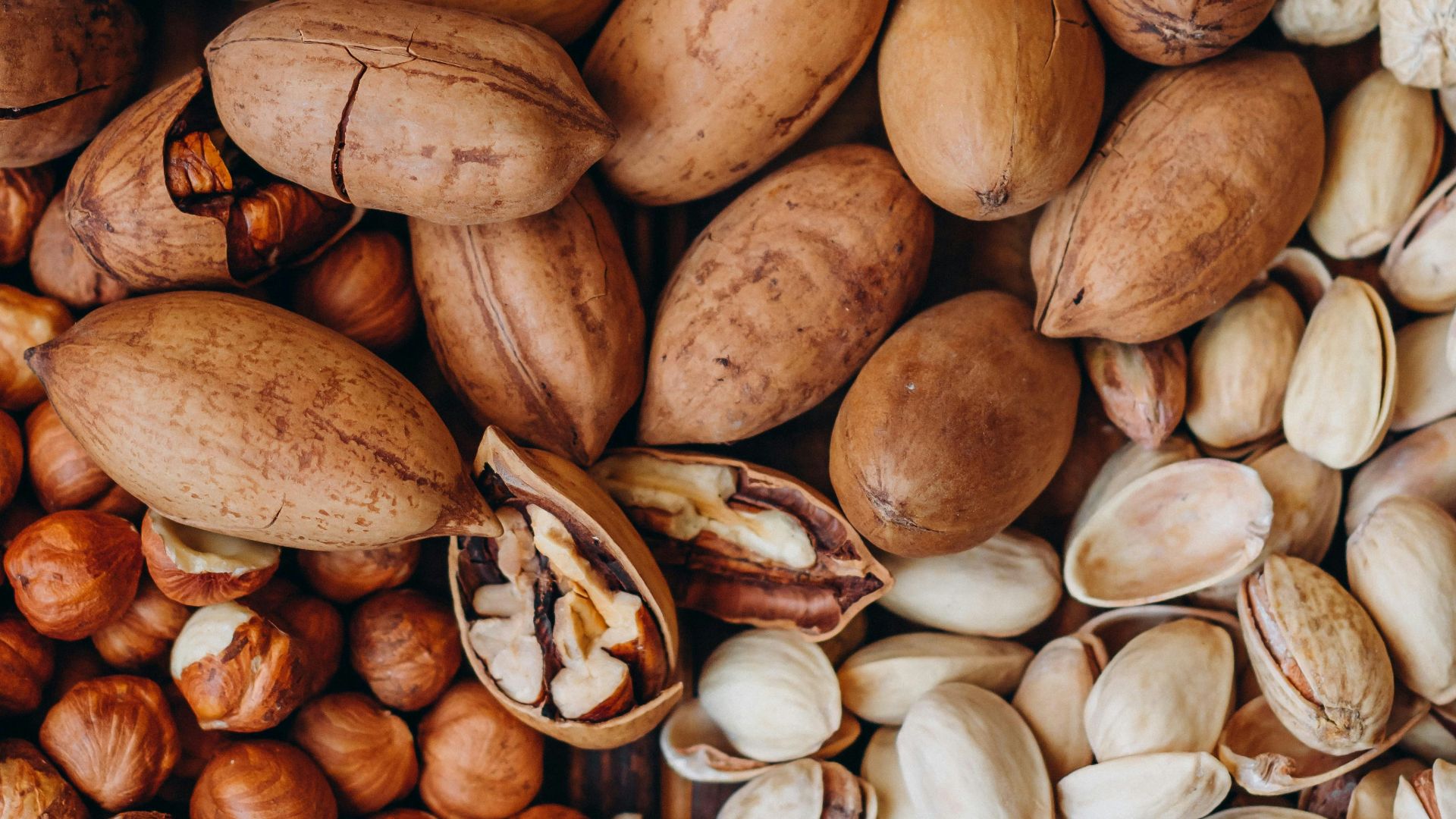10 Nutrients a Shocking Amount of People Are Missing From Their Diet & 10 Ways to Get Them
10 Nutrients a Shocking Amount of People Are Missing From Their Diet & 10 Ways to Get Them
Most People Don’t Realize This
Despite all the hype around healthy eating, many people are still missing essential nutrients from their diets without realizing it. Deficiencies in vitamins and minerals such as iron, vitamin D, and B12 can cause fatigue, weak immunity, and long-term health problems. With that in mind, here are 10 vitamins most people are missing and how to get them.
1. Iron
Iron is a mineral that your body uses to transport oxygen in the blood. There are two types: heme iron (found in animal products) and non-heme iron (found in plant foods). Iron deficiency is the most common mineral deficiency in the world, with more than 25% of the global population affected. Symptoms include fatigue, weakness, and impaired cognitive function.
2. Iodine
Iodine is vital for healthy thyroid function and the production of thyroid hormones. These hormones control the body's metabolism, growth, and brain development. Iodine deficiency can lead to an enlarged thyroid, heart disease, and delayed development in children. Almost one-third of the world's population is at risk of iodine deficiency.
3. Vitamin D
Vitamin D acts like a hormone and sends signals to cells to do important work. Our skin makes vitamin D when we are in the sun, but it can be hard to get enough, especially for people living far from the equator or who have darker skin. Vitamin D deficiency is common, affecting as many as 42% of Americans and even more in the elderly.
4. Vitamin B12
Vitamin B12 is essential for nerve function, blood formation, and overall cellular health. The body cannot synthesize it, so it must be obtained from animal products or supplements. Deficiency can lead to fatigue, neurological problems, and anemia.
5. Calcium
Calcium is required for building strong bones and teeth and maintaining proper muscle, nerve, and heart function. Blood levels are tightly regulated with the aid of the bones if dietary intake is too low. A long-term deficiency may cause osteoporosis, a condition where bones become brittle and break easily.
6. Vitamin A
Vitamin A is a fat-soluble vitamin important for vision, skin and bone health, and immune function. It exists as preformed vitamin A in animal foods and as beta-carotene in plant-based foods, which the body can convert into vitamin A. Deficiency is rare in Western diets but can lead to vision issues and impaired immunity in those who don't consume enough.
7. Magnesium
Magnesium is a cofactor in over 300 enzyme systems that help maintain normal bone, muscle, and nerve function, as well as the synthesis of DNA and RNA and energy production. About 70-80% of Americans do not consume enough magnesium. Magnesium deficiency has been linked to heart disease, diabetes, metabolic syndrome, and osteoporosis.
8. Potassium
Potassium is crucial for heart, nerve, and muscle function and counterbalances sodium to regulate healthy blood pressure. Deficiency may occur due to dehydration, medications, or chronic conditions. Symptoms include muscle weakness, cramps, constipation, and irregular heartbeat.
9. Folate
Folate, also known as folic acid, is a B vitamin that plays a vital role in the growth and development of cells, especially during pregnancy. Folate deficiency can cause fatigue, anemia, and severe birth defects in the brain and spinal cord. Ensuring sufficient folate intake is important for promoting healthy growth and cellular function
.
10. Omega-3 Fatty Acids
Omega-3 fatty acids are a type of polyunsaturated fat that is essential for heart, brain, and joint health. They have anti-inflammatory properties, can improve cholesterol levels, and may reduce the risk of chronic diseases. It is important to ensure adequate intake for long-term cardiovascular and cognitive health.
Now that we’ve talked about most commonly missing nutrients, here are 10 ways to get them into your diet.
1. Poultry
Rich sources of vitamin B12 are animal foods, which include meat, poultry, fish, milk, and cheese. These can be excellent sources for this vitamin, and they play an important role in avoiding deficiency. Those who follow a plant-based diet can opt for fortified soymilk and fortified cereals.
2. Citrus
Citrus fruits, strawberries, bell peppers, broccoli, spinach, tomatoes, and Brussels sprouts are all excellent sources of vitamin C. Incorporating a variety of colorful fruits and vegetables into your diet can enhance immune function, support collagen synthesis, and provide antioxidant benefits. To maximize intake, consider consuming these foods raw or lightly steamed, as vitamin C is sensitive to heat and water.
3. Eggs
Animal sources of vitamin A include liver, eggs, shrimp, and fortified milk. Plant sources include sweet potatoes, carrots, pumpkins, spinach, and mangoes. Incorporating a good balance of these foods in your diet will benefit your vision, skin health, and immune function.
4. Fish
Vitamin D is found naturally in fatty fish and is added to fortified milk and cereal. Sensible exposure to the sun, combined with a regular, healthy diet, helps maintain bone strength and keeps the immune system working properly. Those in low-sunlight areas often require vitamin D supplements.
5. Milk
Calcium helps build strong bones and teeth, and supports muscle function. Calcium is present in yogurt, cheese, milk, salmon, and leafy green vegetables. Eating a combination of dairy and leafy greens will help you get sufficient calcium each day.
6. Yogurt
Potassium is essential for normal heart, nerve, and muscle function. The mineral is found in meat and milk, as well as in fruits, vegetables, grains, and legumes. Consuming a balanced selection of these foods throughout the day can help keep electrolytes in balance and blood pressure at a healthy level.
 micheile henderson on Unsplash
micheile henderson on Unsplash
7. Seafood
Iodine is important for thyroid hormones and can be supplemented with iodized salt and seafood. Seafood and iodized salt are health-promoting foods, as they help prevent goiter. You can add them in small quantities to your daily diet to meet your body's requirements.
8. Red Meat
Iron promotes the formation of red blood cells and aids in transporting oxygen in the blood. Iron occurs naturally in red meat, poultry, eggs, some fruits, and green vegetables, and is added to some breads. Consuming non-heme iron-containing greens and grains with vitamin C-rich fruits and vegetables helps the body absorb iron. Eating a daily source of iron helps prevent tiredness, fatigue, and iron-deficiency anemia.
9. Nuts
Magnesium supports bone health, metabolism, and antioxidant functions. You can obtain it from nuts, legumes, whole grains, and tea. Consuming these foods regularly ensures you meet your body's magnesium requirements.
10. Leafy Greens
B vitamins are available from many foods such as meat, fish, eggs, milk, cheese, green leafy vegetables, beans, lentils, nuts, seeds, and wholemeal cereals. Fortified breakfast cereals and breads can also be a good source. A varied, balanced diet that includes the foods listed above will provide enough B vitamins for most people.



























